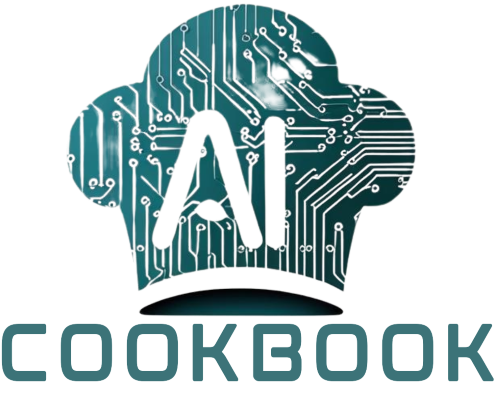About the project
The AI CookBook is an innovative initiative designed to empower adult educators working with migrant learners by providing them with practical and accessible AI-based teaching strategies. In alignment with the Commission’s Action Plan on Integration & Inclusion 2021-2027, this project recognizes the need for tailored and innovative educational approaches to address the diverse needs of migrant learners. While AI offers tremendous potential for enhancing education, many educators remain skeptical, fearing that technology might overshadow the human element in teaching. To bridge this gap, the project introduces a food-inspired metaphor, making AI concepts more relatable and easier to integrate into everyday teaching practices. The AI CookBook offers educators step-by-step “recipes” that illustrate how AI can be used as a supportive tool rather than a replacement, ensuring that learning remains engaging, inclusive, and student-centered.
Objectives
The primary goal of the AI CookBook is to equip educators with the knowledge and confidence to leverage AI in migrant education while maintaining the personal and interactive nature of teaching. The project seeks to build trust in AI by demonstrating its benefits through hands-on applications and real-world examples. By developing a structured and adaptable approach, it aims to create a framework that extends beyond migrant education, fostering AI adoption in various educational sectors. Additionally, the project emphasizes ethical AI use, ensuring that technology serves as an enabler rather than a barrier, ultimately leading to more effective and inclusive teaching practices.
Implementation
To achieve these objectives, the project will undertake several key activities. First, it will explore the role of AI in migrant education, identifying both opportunities and challenges in its application. The core deliverable will be the AI CookBook, a comprehensive guide that presents AI-enhanced teaching methodologies in an easy-to-follow format using the analogy of cooking. This approach will help demystify AI and make its implementation more intuitive for educators. Additionally, the project will assess the transferability of AI methodologies to other educational sectors, ensuring its impact extends beyond migrant education. A strong focus will be placed on dissemination and engagement strategies, ensuring that the project’s findings and resources reach a wide audience and contribute to a broader conversation on AI’s role in education.
Expected Results
The AI CookBook is expected to produce a variety of tangible and long-lasting outcomes. The primary result will be a practical and adaptable AI CookBook, specifically designed for educators working in migrant education. In addition, the project will develop a structured framework outlining AI’s role in supporting migrant learners, providing clear guidelines on how AI can be effectively integrated into educational settings. To promote sustainability and scalability, the project will create guidelines for adapting AI methodologies across various educational contexts, ensuring that the knowledge gained can benefit other educators and learners beyond the initial target group.
By enhancing educational practices, increasing educators’ proficiency with AI, and fostering a positive shift in attitudes toward technology in teaching, the project aims to drive a more inclusive and innovative learning environment. Through ethical AI adoption and strategic dissemination efforts, the AI CookBook will contribute to a sustainable and impactful transformation in adult education, ensuring that AI is not just a tool but a meaningful ally in fostering student success.
